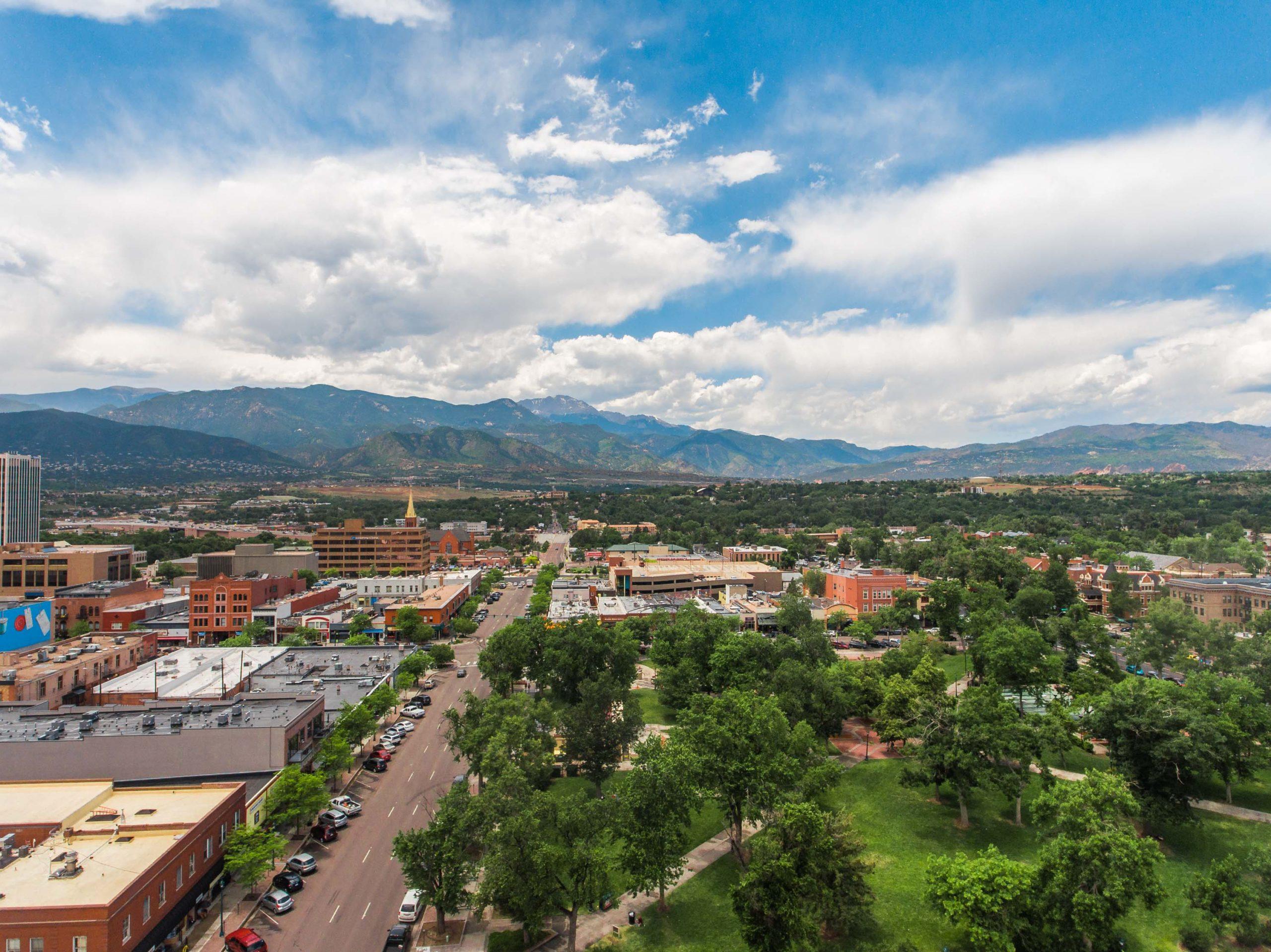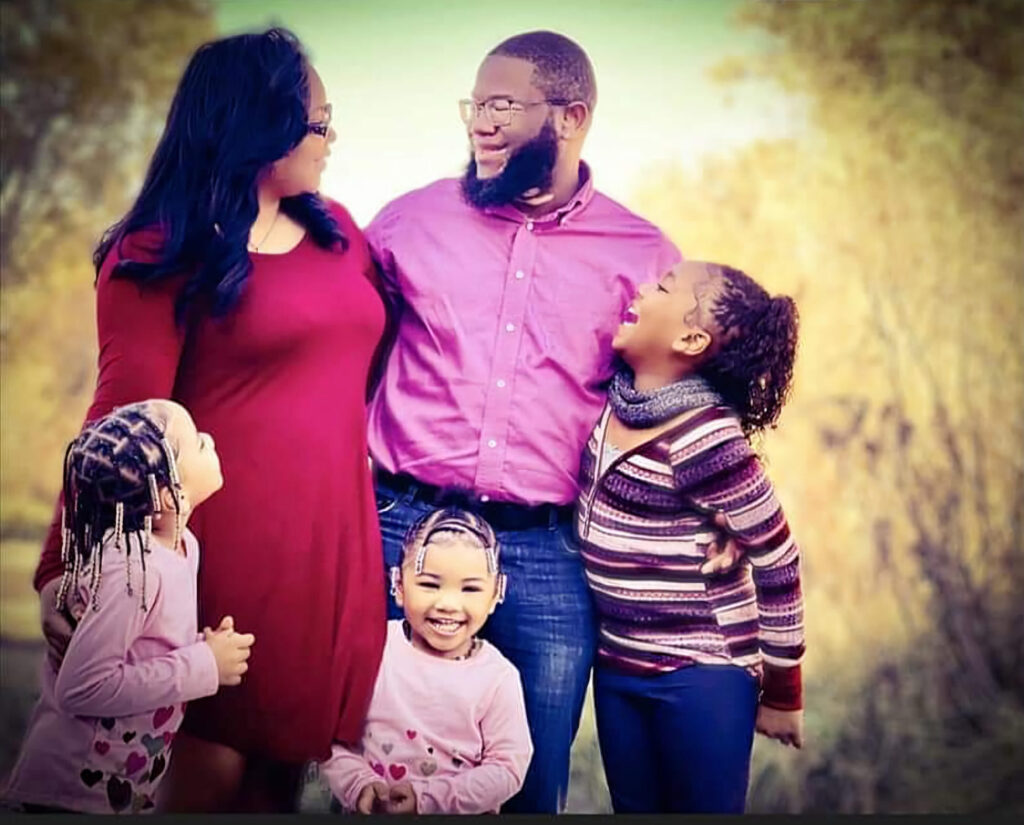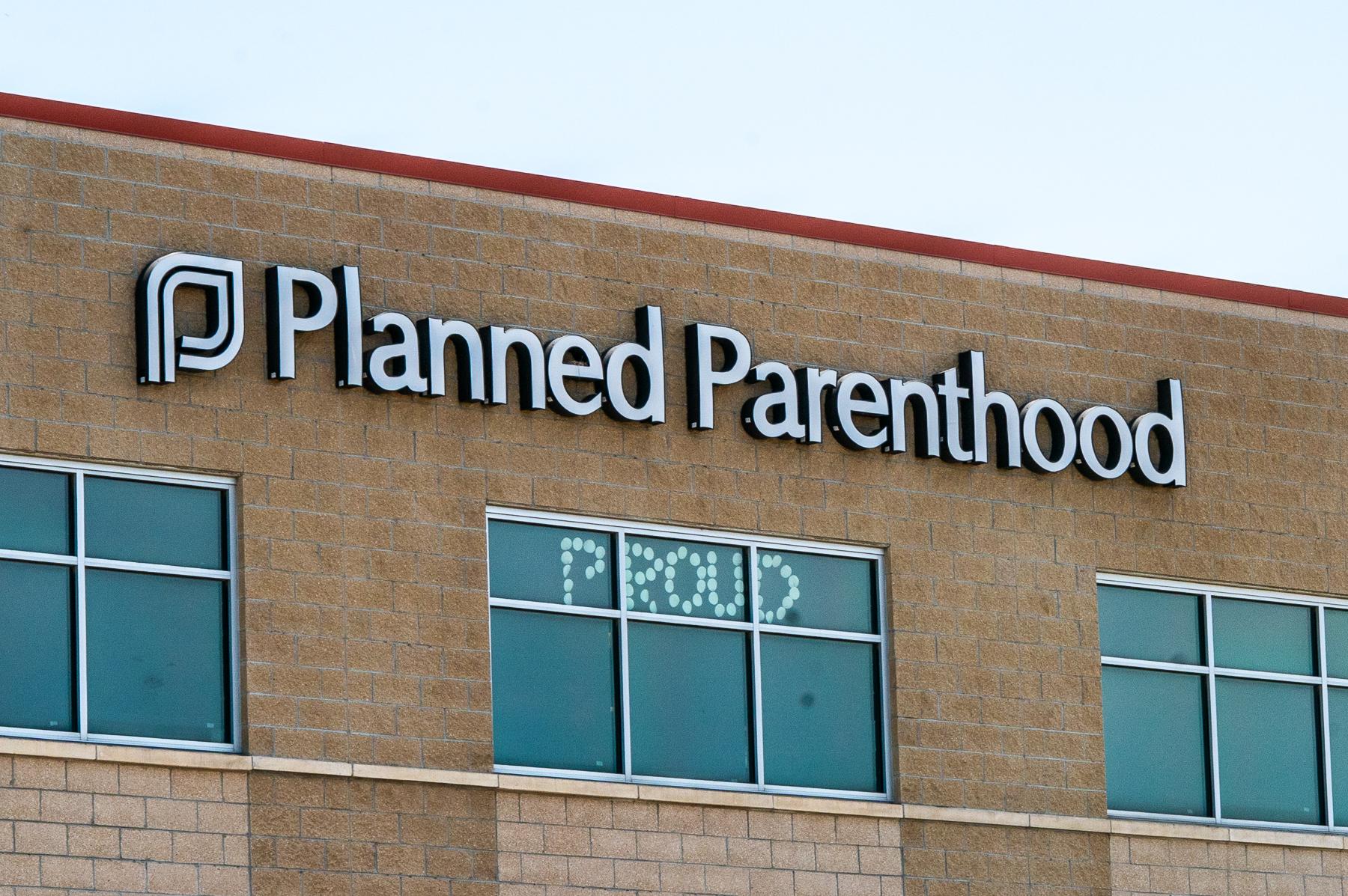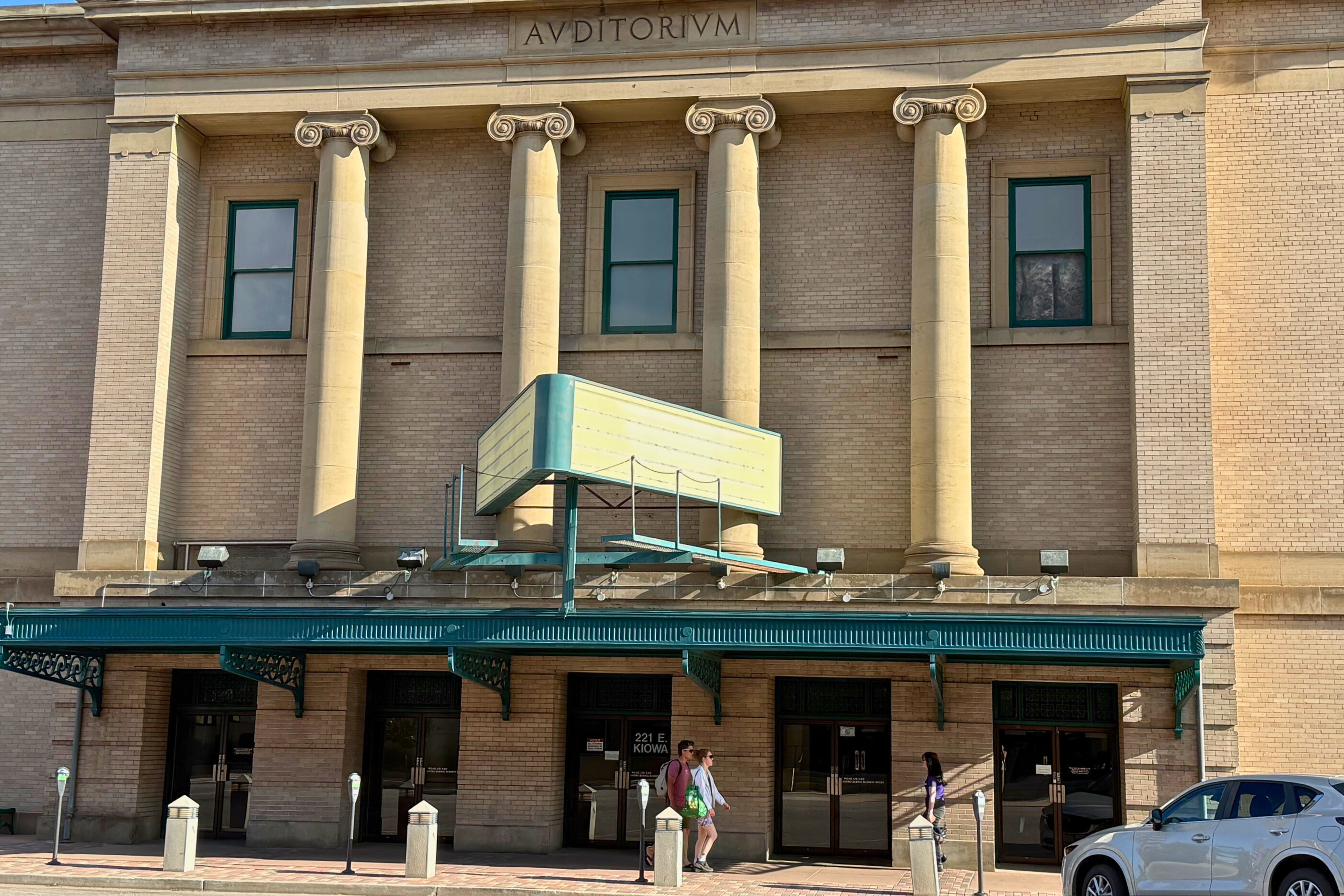
Citizens Project in Colorado Springs has a long history. It was created in 1992 after the passage of Colorado's Amendment 2. The now unconstitutional amendment prevented cities from enacting anti-discrimination laws for lesbian, gay or bisexual people.
The organization has just hired a new executive director after its previous leader left within two years of taking the helm. Prior to the announcement of Mike Williams as the organization's new executive director, KRCC's Mike Procell sat down with board member Schuyler Foerster to talk about where the organization finds itself in its 30th year.

On how the original mission of Citizens Project compares to where the organization is now, 30 years later:
The mission has, in some ways changed and has not changed. The words have changed. We've modified the mission recently, to talk about our values of equity and justice. It used to be diversity, inclusion, and equality, and separation of church and state, but they were really of the same basket of values. But to that, we have become very focused on issues of racial justice, particularly after the De'Von Bailey shooting.
The other one, which has always been a major issue for us because it's the vehicle by which one impacts policy, is voter education and the increasing attention on citizens' access to the voting booth. Are votes going to get counted? How easy is it to get registered? To get access to the voting booth, as well as trying to get people actually to get out and vote?
On how true inclusion would look in the Pikes Peak region:
Inclusion [is a really] simple concept, right? We have all sorts of people with different lifestyles and different races and different backgrounds and different socioeconomic conditions, whether they've got physical disabilities. When we talk about inclusion, we're talking about making sure that everyone is included in the process, but when you make restrictions on voter registration that are going to dissuade legitimate citizens' access to the voting booth because they feel intimidated by being there. That's a problem.
On some of the recent successes of the Citizens Project:
I think working with others and giving more attention to racial justice issues, and more recently, a growing recognition that the battlefield is school boards on a lot of these issues, which is traditionally most underappreciated, dare I say, ignored governance body in any community. Yet, it is in many ways, that governance body, that forum, that shapes so much in our lives. So, it is paying attention to those things and pointing out to people, 'Hey, while we've been stuck in a pandemic, look what's happened.'
Responses have been edited for length and clarity.









